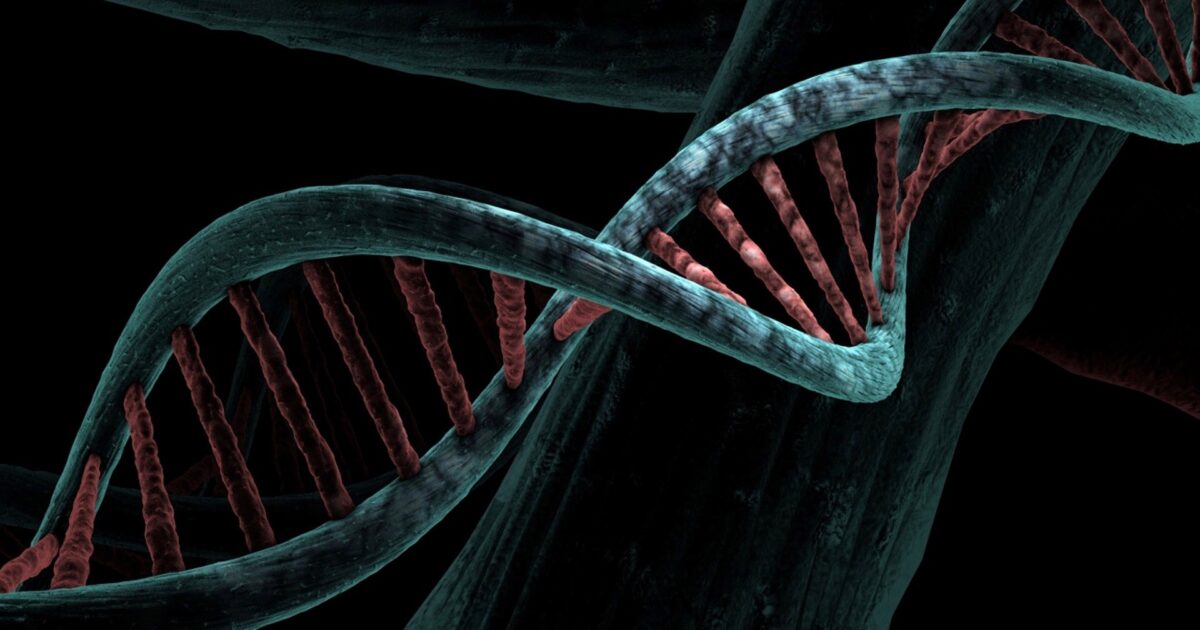 Faith & Science
Faith & Science
 Intelligent Design
Intelligent Design
New Open-Access Book from South Africa Explores Intelligent Design and Science-Faith Issues

The intelligent design (ID) community continues to forge stronger ties with scientists and scholars around the world. The latest example is a newly published book from Aosis, a South African academic publisher, titled Science and Faith in Dialogue. This peer-reviewed book was released at the very end of 2022, and it is open access and can be downloaded for free here.
An All-Star Lineup
The lead editor of Science and Faith in Dialogue, Frederik van Niekerk, is Professor on the Nuclear Engineering staff at Northwest University of Potchefstroom in South Africa. In addition to Professor van Niekerk’s chapter, the volume includes contributions from some well-known names from the academic conversation over intelligent design, including (in the order in which they appear in the table of contents):
- Stephen C. Meyer: “Qualified agreement: How scientific discoveries support theistic belief”
- Hugh Ross: “Cosmological fine-tuning:
- Guillermo Gonzalez: “Local fine-tuning and habitable zones”
- Fazale R. Rana: “Materialistic and theistic perspectives on the origin of life”
- James M. Tour: “Are present proposals on chemical evolutionary mechanisms accurately pointing toward first life?”
- Brian Miller: “Engineering principles better explain biological systems than evolutionary theory”
- Marcos Eberlin: “The evidence of foresight in nature”
- Casey Luskin: “Evolutionary models of palaeoanthropology, genetics, and psychology fail to account for human origins: a review”
- Michael N. Keas: “Rumours of war and evidence for peace between science and Christianity”
We’ll be featuring excerpts here in the future, but for now I’d like to highlight some special features of chapters in the book.
“Return of the God Hypothesis”
Steve Meyer’s chapter reprises his “Return of the God Hypothesis” argument and explains why theism is the best explanation on a philosophical level for the evidence from the Big Bang, fine-tuning, and biological complexity.
Guillermo Gonzalez explores many features of our galaxy, solar system, and planet that make it specially suited for life — looking at the Cosmic Habitable Zone, Galactic Habitable Zone, and Cosmic Habitable Age all suggest that “the properties of our particular universe were designed and selected for us.”
Jim Tour explores various obstacles to a chemical origin of life, including the need to carefully guide origin-of-life experiments, and the overwhelming complexity of producing cellular features by blind chemistry. He also reflects on his own research designing synthetic nano-vehicles, concluding that if it’s so hard for skilled chemists to produce molecular machines, can dumb natural processes do the same?
Brian Miller provides an exciting chapter which outlines an emerging new paradigm of doing biology through the lens of engineering. He sees new evolutionary concepts like natural genetic engineering or phenotypic plasticity as mechanisms that are designed to allow organisms to evolve within limits. And evolution can’t be random, as he cites challenges to neo-Darwinism from the fossil record, phylogenetic tree construction, and developmental biology.
“Foresight” in Nature
Marcos Eberlin, a chemist who is a member of the Brazilian National Academy of Sciences, finds evidence of “foresight” and planning required to produce many biological features, like the cell membrane, DNA and the genetic code, and bird navigation. Even water, he argues, shows evidence of foresight so life can exist.
Mike Keas debunks various myths about the historical relationship between faith and science, such as the idea that Christianity produced the “dark ages,” that a big universe is incompatible with theism, or that the church has historically persecuted scientists.
As for my chapter, you’ll just have to wait — we’ll talk about it more soon here at Evolution News!
